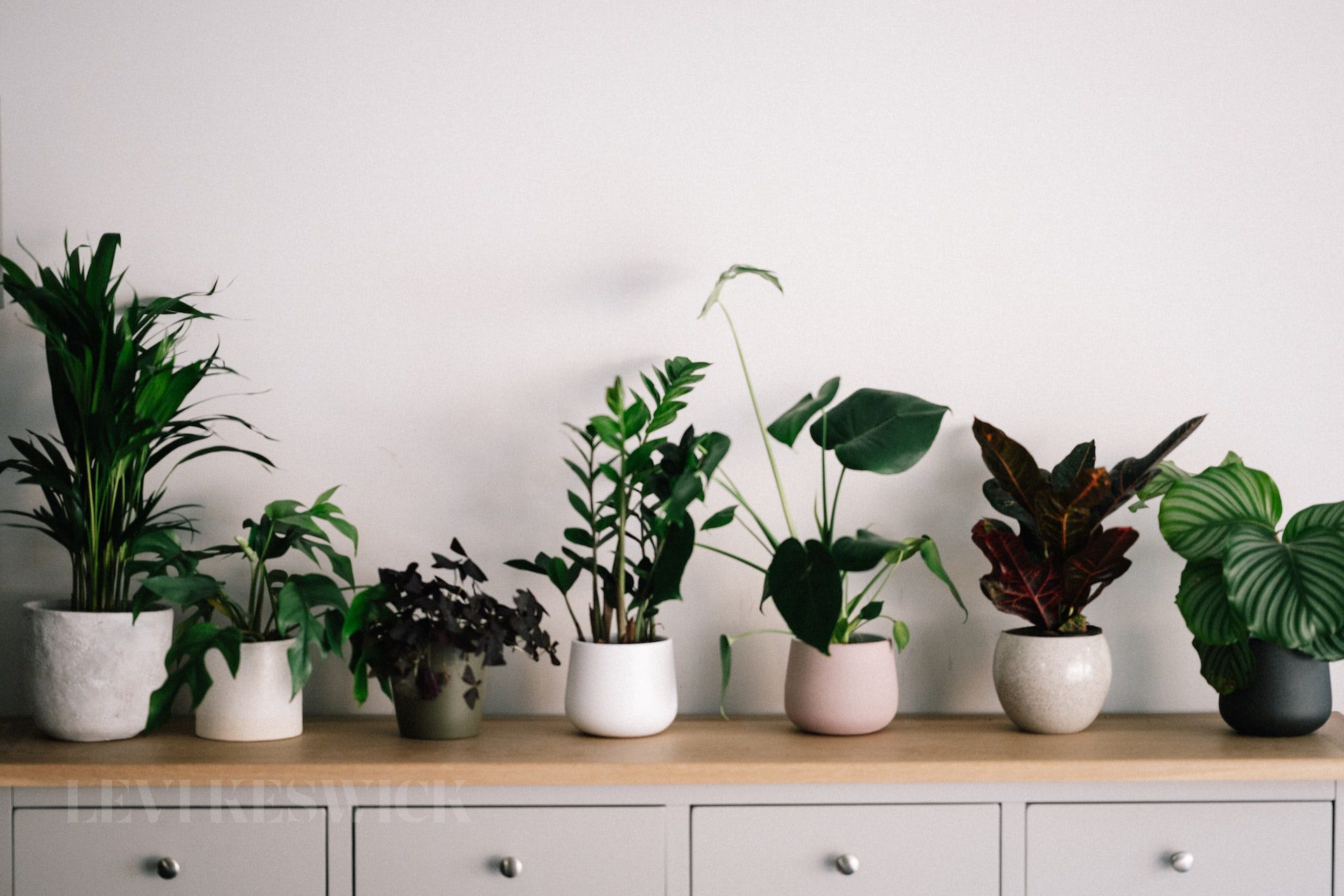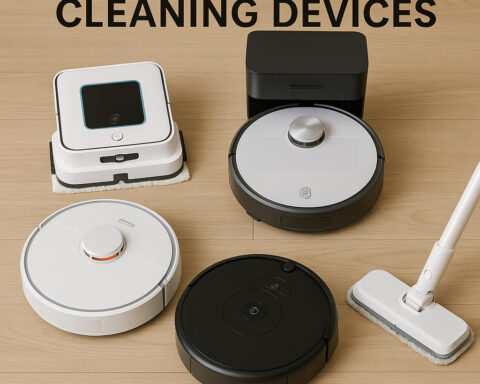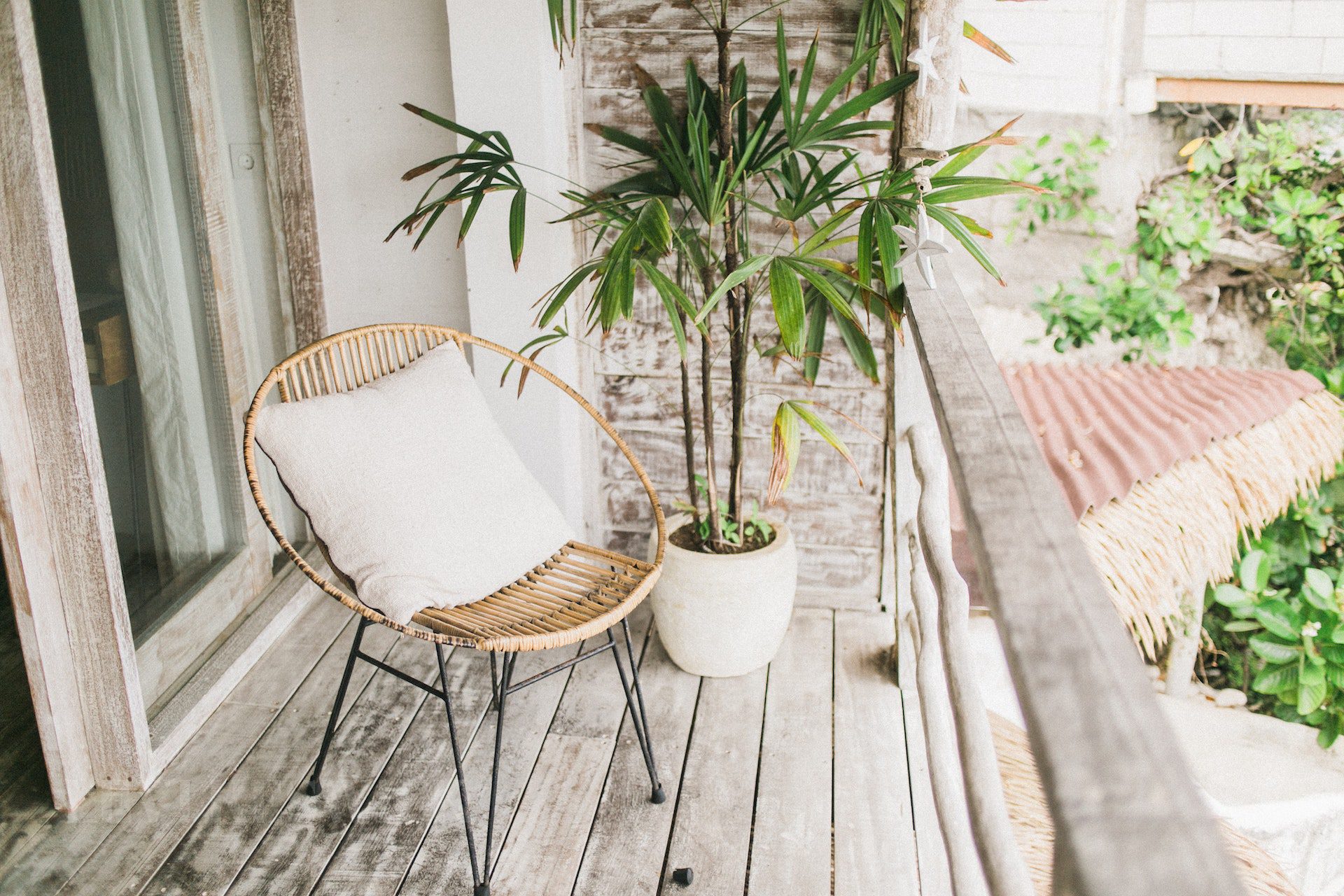If you’re new to the world of houseplants, then you may be wondering where to start. There are so many different plants to choose from, and each one has its own set of care instructions. In this blog post, we will discuss some important things that every beginner should know about houseplants. We’ll cover topics such as potting soil, watering, light requirements, and more! So if you’re ready to get started with houseplants, then keep reading!
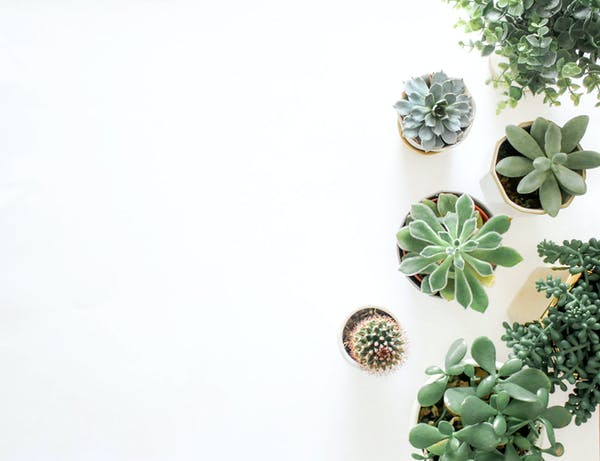
1. Potting Soil
One of the most important things to understand about houseplants is that they need quality potting soil. Depending on the type of plant you choose, it may require different types of soil. If your soil is too dense or too light, then it could negatively affect your plants’ growth and health. Make sure that you use a potting mix specifically designed for houseplants to ensure optimal results! You can also research different plant care guides online to find out what kind of soil would be best for your specific plant. It’s also important to use a pot with adequate drainage holes to prevent waterlogging.
2. Watering
Another crucial factor when caring for houseplants is proper watering practices. You don’t want to underwater or overwater them as this can cause problems with root rot, leaf curl, and other issues. Different types of plants require different amounts of water; make sure that you read up on the specific needs of your plant so that you can give it the right amount. A good rule of thumb is to check the soil before watering and only add water if it’s dry.
3. Light Requirements
Houseplants also need different levels of light depending on their species, so make sure that you research this as well when selecting a new plant for your home. Some plants do better in low-light environments, while others require bright, indirect sunlight to thrive. If you’re not sure what kind of light your houseplant needs, then consider investing in a light meter or growing lamp to ensure that you provide the best environment possible for it. It’s also a good idea to rotate your plants around the room every few weeks so that they get access to different sun angles.
4. Fertilizer & Pruning
Many houseplants also need fertilizer to stay healthy and promote growth. Read up on your specific plant’s needs when it comes to fertilizer, as some types may require more frequent feedings than others. Additionally, you should also prune your houseplants to keep them in shape and looking their best. Make sure that you know the proper way to trim your plants without harming them or causing any issues with their health. It’s also important to wear gloves while pruning, as some plants may contain toxins.
5. Pests & Diseases
Next, it’s important to be aware of common pests and diseases that can affect houseplants. There are many different types of insect pests such as aphids, mealybugs, spider mites, and scale. In addition, there are also a variety of fungal and bacterial diseases that can cause problems for your plants. It’s important to inspect your houseplants regularly for any signs of disease or infestation so that you can take action quickly if needed. It’s also a good idea to research ways to prevent and control these pests and diseases before they become a problem.
6. Container Choice
Finally, it’s important to pick the right container for your houseplant. Different plants require different types of pots and containers, so make sure that you research the needs of your specific plant before buying a pot. Additionally, keep in mind the size and weight of your pot; a heavy or large pot may be difficult to move if needed. There are a variety of containers available, so take your time and pick the right one for your plant!
Why are plants important?
Plants are important for many reasons! They help to improve air quality, provide food and shelter for wildlife, and can even reduce stress levels. Houseplants are particularly beneficial because they can act as natural air purifiers by removing toxins from the air in your home. Additionally, having plants around has been proven to reduce stress levels and improve moods. Lastly, houseplants can also add beauty and life to a room, making it more pleasant and inviting to be in. Therefore, houseplants are an invaluable addition to any home!
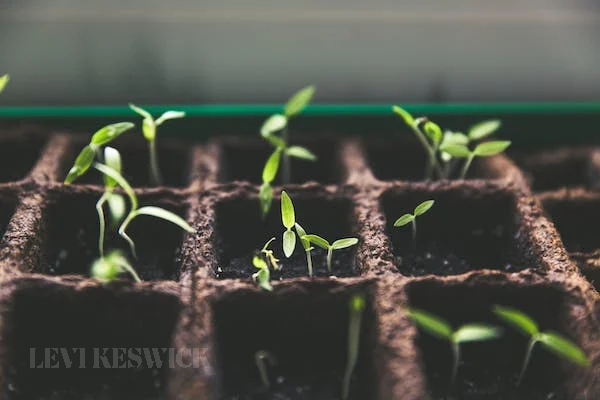
These are just a few of the important things that every beginner should know about houseplants. From selecting the right potting soil to understanding how much light and water they need, following these guidelines can help ensure that you get off to a great start with taking care of your new plants! With patience and practice, you’ll soon be an expert in no time. Good luck!



